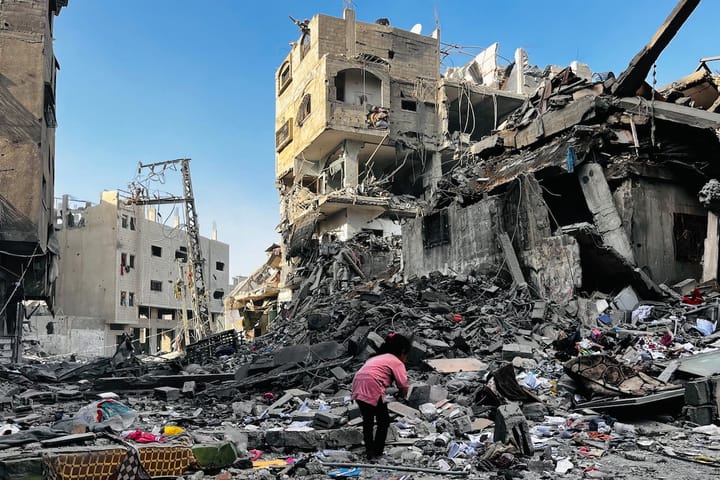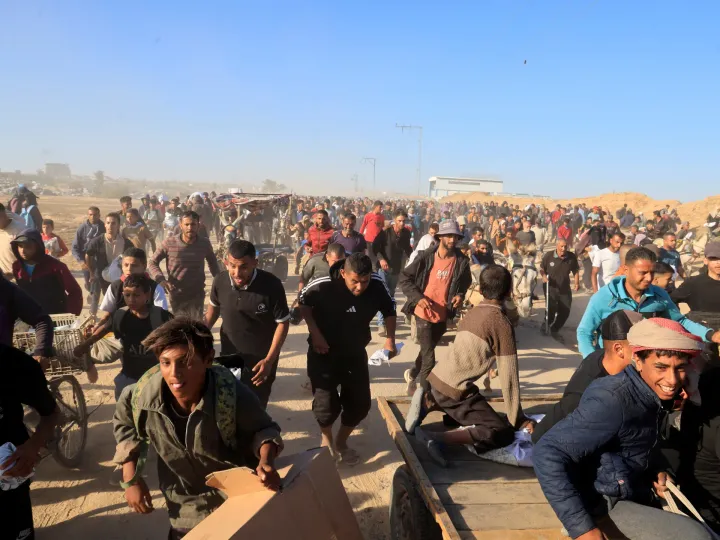Geopolitical Impact of Israel-Iran 2025 Triggers Global Crisis
The 2025 Israel-Iran conflict shakes global stability, surges oil prices, threatens world economy, and changes the political map of the Middle East.

The Israeli airstrike on Iran on June 13, 2025, marked a new turning point in Middle Eastern security and geopolitical dynamics. The operation, codenamed “Rising Lion,” struck several of Iran’s key nuclear facilities—including Natanz and Isfahan—and killed several senior military figures. Iran responded directly with “True Promise III,” launching hundreds of missiles and drones into Israeli territory. These dual attacks left at least 78 dead and more than 320 injured, sparking waves of panic regionally and globally.
Escalating Regional Tensions
The military escalation between Israel and Iran has stoked fears of a wider conflict involving regional actors such as Hezbollah and the Houthis in Yemen. International shipping lanes in the Strait of Hormuz faced restrictions, while commercial flights in the Gulf region were diverted or canceled. The UK and United States issued travel warnings and evacuated non-essential personnel from several Middle Eastern countries.
Impact on Oil Prices and the Global Economy
The immediate impact of this conflict was seen in the global oil market, with prices surging up to 12% in just two days and Brent crude crossing above USD 78 per barrel. The threat of supply disruptions in the Strait of Hormuz—a critical channel for 30% of the world’s oil shipments—triggered panic among investors. Stock markets across Asia, Europe, and America fell sharply, with aviation and transport sectors experiencing the steepest declines.
According to international analysts, this crisis opens the risk of global stagflation—high inflation amid slowing economic growth—as energy costs rise and global supply chains are hampered.
Political and Social Effects in Iran and Israel
Domestically, Iran faces severe pressure as a result of the attack. With inflation nearing 40% and unemployment rates on the rise, the Iranian government is under growing public scrutiny and expanding protests. Israeli authorities have raised national alert status, strengthened the Iron Dome air defense, and deployed reserve troops to anticipate further attacks from Iran and its regional allies.
Global Response and International Alliances
The United States has taken a cautious approach, supporting Israel diplomatically while holding back from direct military intervention. European countries, China, and the United Nations have urged both sides to exercise restraint and prioritize dialogue to avoid further escalation. Meanwhile, efforts to normalize relations between Israel and Arab nations—such as the Abraham Accords—now face serious challenges due to increased threats from Iran.
Threats to Middle Eastern Stability
The 2025 Israel-Iran conflict raises major questions about the future of regional security. Beyond the short-term risks of energy disruption and market volatility, observers warn that a prolonged crisis could trigger regime change in Iran or even the emergence of more radical actors. Pressure on the Khamenei regime is intensifying, while Israel is betting that Iran’s weakening will benefit the region’s long-term stability.
A New Geopolitical Crossroads
This latest conflict has tested the resilience of the global energy and financial systems. Uncertainty remains, especially if further retaliation occurs or if major powers become militarily involved. The Middle East’s future now stands at a critical crossroads—between diplomacy and greater escalation—and the response of the international community will be pivotal in determining what comes next.
Tensions between Israel and Iran in 2025 have marked a new chapter in global geopolitics. The world is forced to adapt its strategy to face new threats, whether in terms of energy, political stability, or security systems. Amidst this crisis, one thing is certain: the domino effect of this conflict between two nations has spread across the globe, emphasizing the importance of vigilance and active international diplomacy.





Comments ()